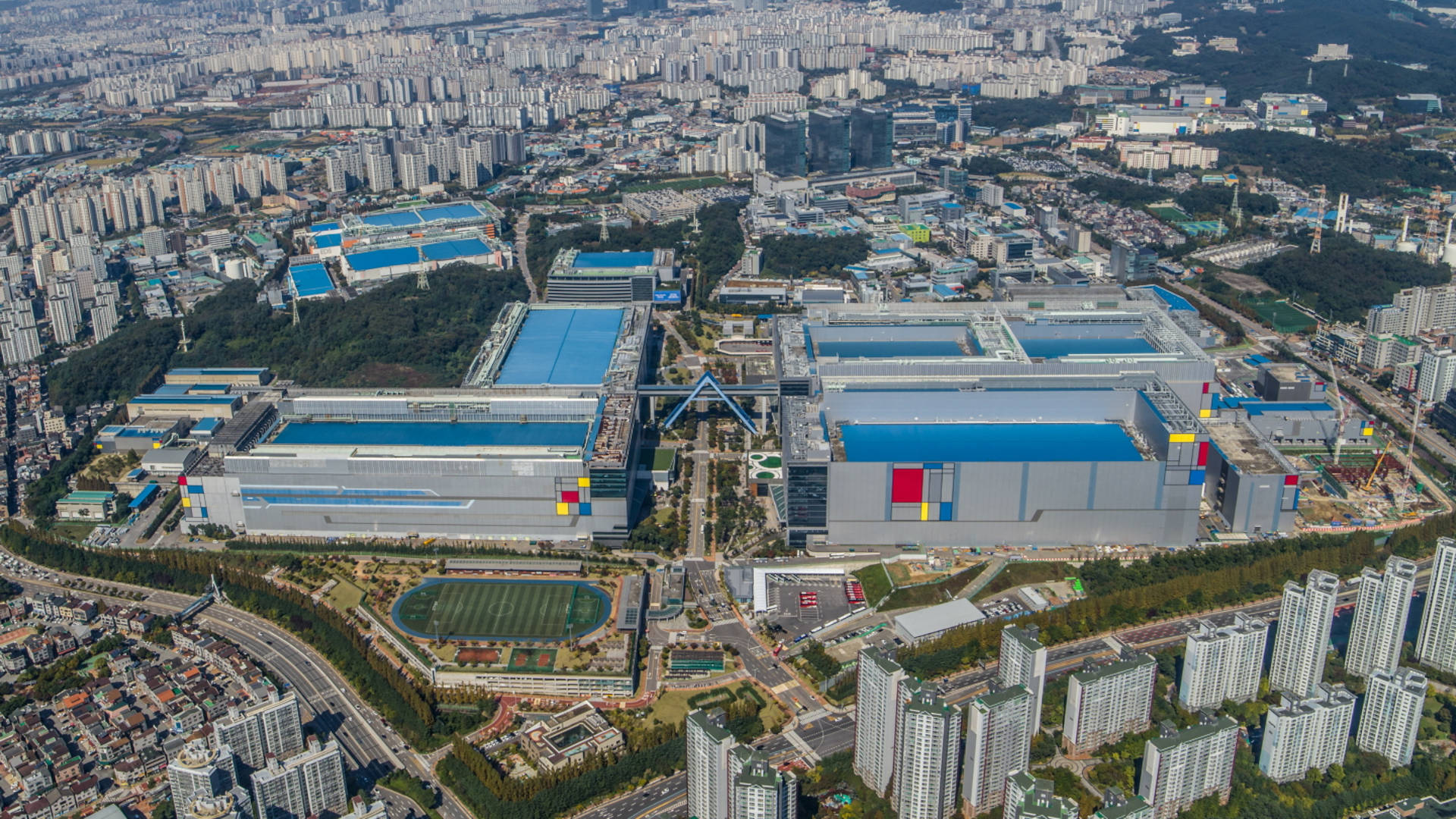Elon Musk claims Tesla could build a silicon foundry and make its own chips, but says 'I sure hope we don’t have to'
Oh, just do it Elon. I'm sure you'd make more money from it than you have from Twitter.

Legendary game developer John Carmack recently stated on Twitter that competing against TSMC head on was pretty much impossible. But he then asked his followers how less impossible it would be for a big tech company to make its own bespoke chips, rather than competing against the general purpose companies. Cue one small reply from a certain Elon Musk: "Tesla could do it, but I sure hope we don’t have to."
Now, just to be clear on something, Musk's tweet wasn't about Tesla trying to become the next TSMC. After all, if the likes of Samsung, GlobalFoundries, and even Intel struggle, then somebody stepping into the battlefield from scratch stands zero chance. Instead, he was referring to Carmack's point that not only is competing against TSMC nigh on impossible, it's equally challenging for a company to build its own chip factory, just to make processors specifically for its products.
At the moment, Tesla relies on Samsung's production lines for the main chips used to handle its car's Autopilot feature. In theory, it could buy and hire all of the equipment and staff required to have its own fabrication plant and stop outsourcing chip production. All of the latest processors in Telsa cars are designed in-house and it's only the manufacturing of them that isn't done internally.
This is no different to how AMD and Nvidia operate. Both companies design everything themselves, then rely on little foundries for building test chips, and TSMC and Samsung to manufacture the processor at the enormous scale required to sell millions of chips worldwide, each year.
Tesla could do it, but I sure hope we don’t have toMarch 24, 2024
Musk's claim that "Tesla could do it" isn't perhaps entirely hyperbole, despite Carmack inferring that making very specific chips isn't really any less impossible than making them en masse for the general market. Although it's not the same level of complexity, Tesla has switched from buying Li-ion batteries from parties such as Panasonic, to building huge factories to make its own.

Best CPU for gaming: The top chips from Intel and AMD.
Best gaming motherboard: The right boards.
Best graphics card: Your perfect pixel-pusher awaits.
Best SSD for gaming: Get into the game ahead of the rest.
But what about the "I sure hope we don't have to" comment? Well that's quite obvious: Nobody in their right mind would want to spend billions of dollars on something that has the distinct potential of not working right for years, when you can just contract a highly experienced and cost-effective business to do it for you.
However, given the increasing concern over the reliance of the Korean/Taiwanese/Chinese supply chain and massive importance of processors in today's economy, there's always the risk that Musk's hand may be forced.
Keep up to date with the most important stories and the best deals, as picked by the PC Gamer team.
With the US Chips Act offering billions of dollars in loans and grants to increase the amount of chip production in the States, I do wonder if Musk is seriously considering spending a few dollars of his own and stepping into that market.
After all, if he was happy to spend $44 billion on acquiring Twitter, what's another 50-odd billion dollars on a foundry to such a person?

Nick, gaming, and computers all first met in 1981, with the love affair starting on a Sinclair ZX81 in kit form and a book on ZX Basic. He ended up becoming a physics and IT teacher, but by the late 1990s decided it was time to cut his teeth writing for a long defunct UK tech site. He went on to do the same at Madonion, helping to write the help files for 3DMark and PCMark. After a short stint working at Beyond3D.com, Nick joined Futuremark (MadOnion rebranded) full-time, as editor-in-chief for its gaming and hardware section, YouGamers. After the site shutdown, he became an engineering and computing lecturer for many years, but missed the writing bug. Cue four years at TechSpot.com and over 100 long articles on anything and everything. He freely admits to being far too obsessed with GPUs and open world grindy RPGs, but who isn't these days?

